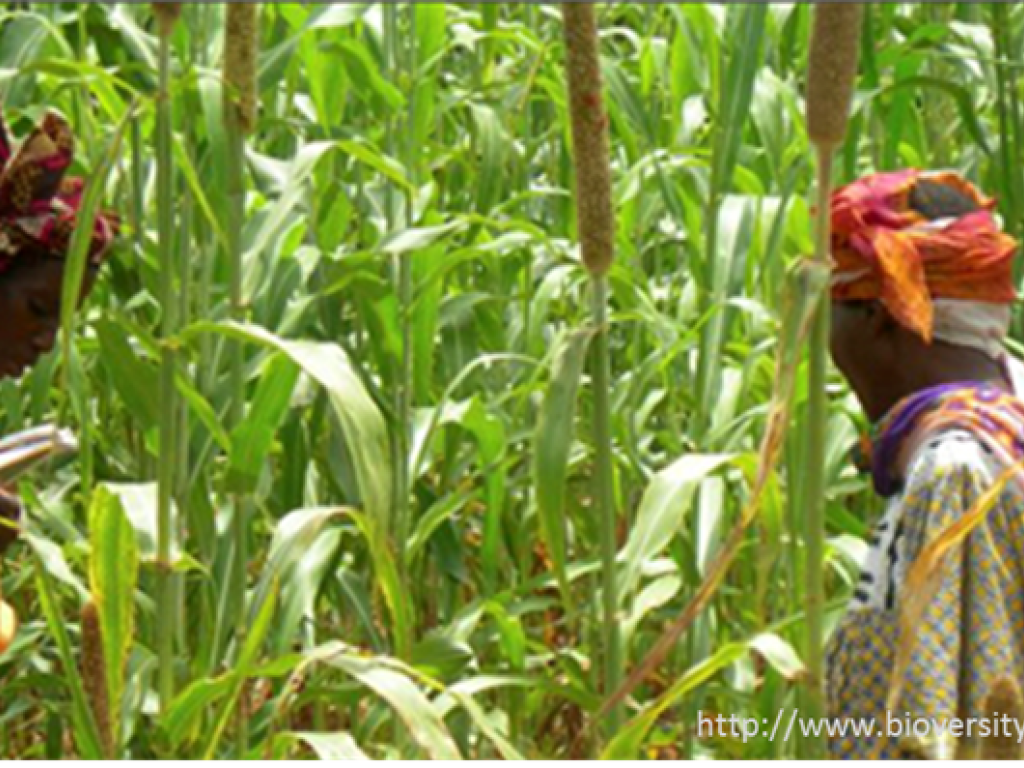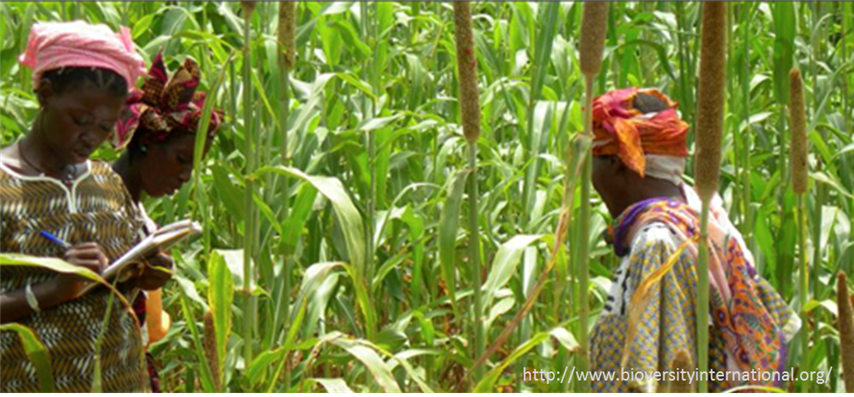Seed certification and marketing governance in Mali: Do farmers actually benefit?

By Edmond Totin
Agriculture constitutes approximately 70% of Mali’s gross domestic product. However, the seed market still remains underdeveloped, and only a small amount of certified seed is available to farmers in local markets.
The Seed Law: Goals and challenges
In Mali, seed production, distribution and use are guided by the Seed Law – a policy enacted in 2006 to promote sustainable and competitive agriculture. Following this law, when offered for sale, seed must be certified with an official label indicating its kind and variety, germination rate, and date of testing. Any seed that is not properly labelled should not be sold. The Seed Law aims to achieve increased agricultural productivity and improved seed dissemination, and to facilitate farmers’ access to high quality seed.
Why is it then that, despite the positive goals of the Seed Law, more than 80% of the seed used in Mali still comes from the unregulated traditional and informal seed systems?

The main problem with the Seed Law is that farmer associations cannot afford the certification costs. On average, the certification of a ton of sorghum seed costs around 85,000 CFA francs (almost US$146) for both field inspections and laboratory seed testing operations. While these costs are too expensive for most farmer cooperatives, they are particularly prohibitive for individual farmers based in marginal and remote areas. This is because the only Seed Laboratory in charge of all seed certification activities is located in Bamako and the certification costs increase with the distance of the production field to this seed control office. Given these challenges, although farmers still register as seed producers, they often continue to sell their seed in the informal system.
Partnerships with private enterprises
To help deal with these challenges, private enterprises have recently begun partnering with farmer associations: the private enterprises pay for the seed production and certification costs and buy the resulting seed from the farmers. The aim of this partnership is to decentralise and increase the number of seed distribution points at the community level, improve the quality of the seeds, and help professionalise small-scale seed production and distribution. But there are challenges with this arrangement too. For instance, the agreement between seed producers and private enterprises does not allow for direct trade, so seed farmers cannot sell their produce to their peers. At the same time, the private enterprises sell the improved seed at a price higher than most smallholder farmers can afford. Furthermore, with the enterprises buying all the seed, seed producers do not develop the necessary skills and knowledge to properly market their seed (e.g., determining market preferences, developing mechanisms of price formation, developing strategies of advertising, packaging and branding). As a result, many formal seed producers begin to see themselves simply as service providers to the private enterprises. So, yet again, the majority of farmers revert to using the traditional and informal seed systems.
All in all, the Seed Law and current partnerships provide greater benefit to the private seed enterprises than to the seed farmers they intend to help. To change this status quo, the gaps between the national seed framework and the local context need to be reduced.
Photo: http://www.bioversityinternational.org/